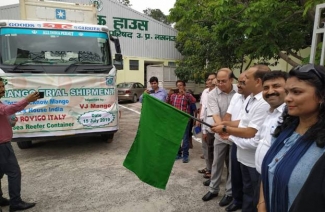
Some municipal corporations are planning to make rules for compulsory compost plants in big residential colonies to help in managing waste. While these rules are made and come into effect, some individual efforts have yielded good results. Here is a story of a residential colony in Gurgram in Haryana which is an example that others can easily follow.
Nirvana Country, an upscale residential colony in Gurgaon, has shown within a year of deciding to become a waste-free area that even 1,200 households can engage voluntarily in waste segregation and minimise the load sent to the Bandhwari landfill. Despite the stumbling blocks — actually, learning from them — the community has achieved over 55% segregration.
The waste generated comprises around 60% kitchen waste and 30% dry waste, the rest being unrecyclables such as sanitary napkins and diapers. The first step taken was to sensitise maids to the environmental burden of unsegregated waste, prudent since the upscale locality has a large force of maids working in the households, 3,000 according to an RWA member.
The message in the households was supplemented by the security guards, who were asked to remind the maids every day to segregate the waste. Maids who proved diligent were honoured at colony gatherings and occasions like Independence Day.
Read more of this in a report by Paras Singh published in Times of India....











